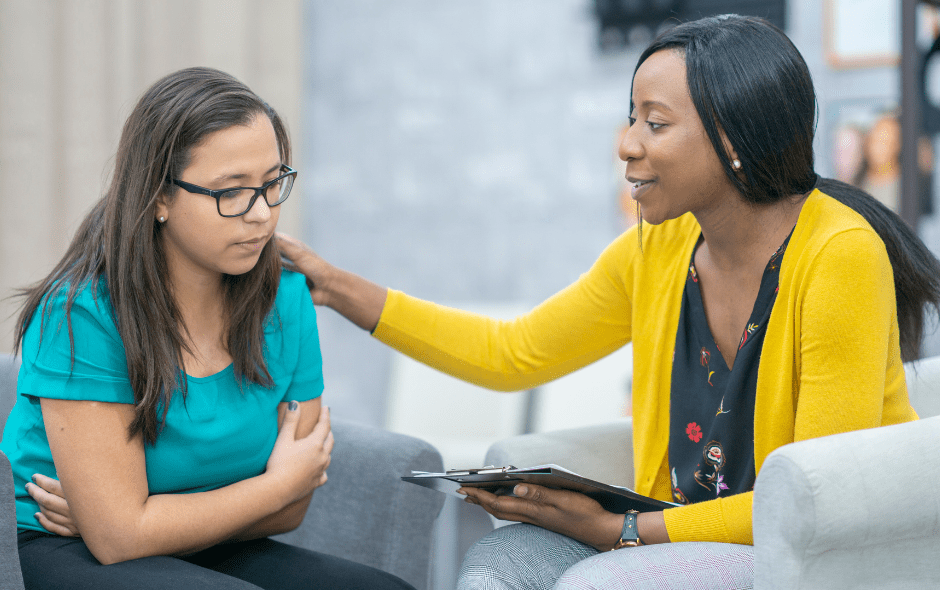Our Policy and Campaigns Officer, Anna Telfer, takes a look at student mental health and wellbeing as part of our ongoing campaign to increase awareness of epilepsy amongst students.
College and university can be tough on your mental health and wellbeing. Continued stress, tiredness, and being away from home can take its toll.
For some, returning to college or university after the winter break can be especially hard.
Coursework, deadlines and long dark winter nights can significantly impact your mental health.
Recognising these challenges can help you understand how they might be affecting you. It is important to take the time to support your own mental health and wellbeing.
Student mental health and wellbeing
Last year, UCAS explored student mental health in the UK. They found that since 2011, there has been a significant shift in the willingness of students to talk about mental health conditions.
The organisation reported a 450% increase in students declaring mental health conditions in the 10 year period.
However, despite this increase, the study estimated that nearly half of students with mental health conditions do not share information about their condition with their chosen university or college.
Looking more specifically at Scotland, the Mental Health Foundation recently published research which revealed nearly three-quarters of university students in Scotland reported having low wellbeing.
More is needed to be done to support the wellbeing of students and to beat the stigma around mental health.
Mental health and epilepsy
So, what does this mean for students with epilepsy? In general, people with epilepsy are more likely to struggle with their mental health.
Having the condition can lead to high levels of anxiety and people with epilepsy are more likely to suffer from depression than people without the condition.
We recently heard from our student volunteer, Chloe, about her experiences as a student with epilepsy. Chloe talked about the importance of prioritising your health while studying.
She shared how she worked to find a healthy balance between her studies and social life, and how finding this balance improved her mental health and seizure control. You can read more about Chloe’s story here.
Supporting mental health and wellbeing
There are actions you can take as a student to support your mental health and wellbeing.
Self-care. Take a break and try to take your mind off your studies. Also, take time to do what you love. Take a nap; go for a walk or run; rewatch your favourite series; catch up with friends; call your family. Whatever works for you, give it a go.
Manage your stress. If you are struggling to manage your stress at college or university, reach out to your institution’s Disability Service to see how they can better support you in your studies. You can find out more about reasonable adjustments, like asking for extra time in exams and recording lectures, in our Student Guide.
Talk about it. If you are struggling with your mental health, if you are feeling overwhelmed by university, if the dark winter nights are affecting your wellbeing, talk about it. Speak to someone you trust: friends, flatmates, family. Our helpline and information officers are great at listening. You can contact our freephone helpline on 0808 800 2200.
Seek support. If you feel you need more support, get in touch with your college or university’s wellbeing service and/or contact your GP or epilepsy specialist. You are not alone; support is available if you need it. You just need to reach out.
If you feel suicidal, please reach out for help. You can contact your GP, a national helpline such as the Samaritans on 116 123, or Breathing Space in Scotland on 0800 83 85 87.
Epilepsy Scotland’s support
For more information and advice about being a student with epilepsy, check out our Student Guide.
For more general information about epilepsy and mental health, check out our Emotional Wellbeing guide on our website.
We regularly host online information sessions on a variety of topics.
On Thursday 27th January, 6-7pm, our training manager Nicola will be talking about mental health and self-care.
This session will share ideas to improve mental health and emotional wellbeing. If you are interested, email contact@epilepsyscotland.org.uk.
If you have any questions, have any concerns, or simply want to talk to someone, please contact our freephone helpline on 0808 800 2200.




